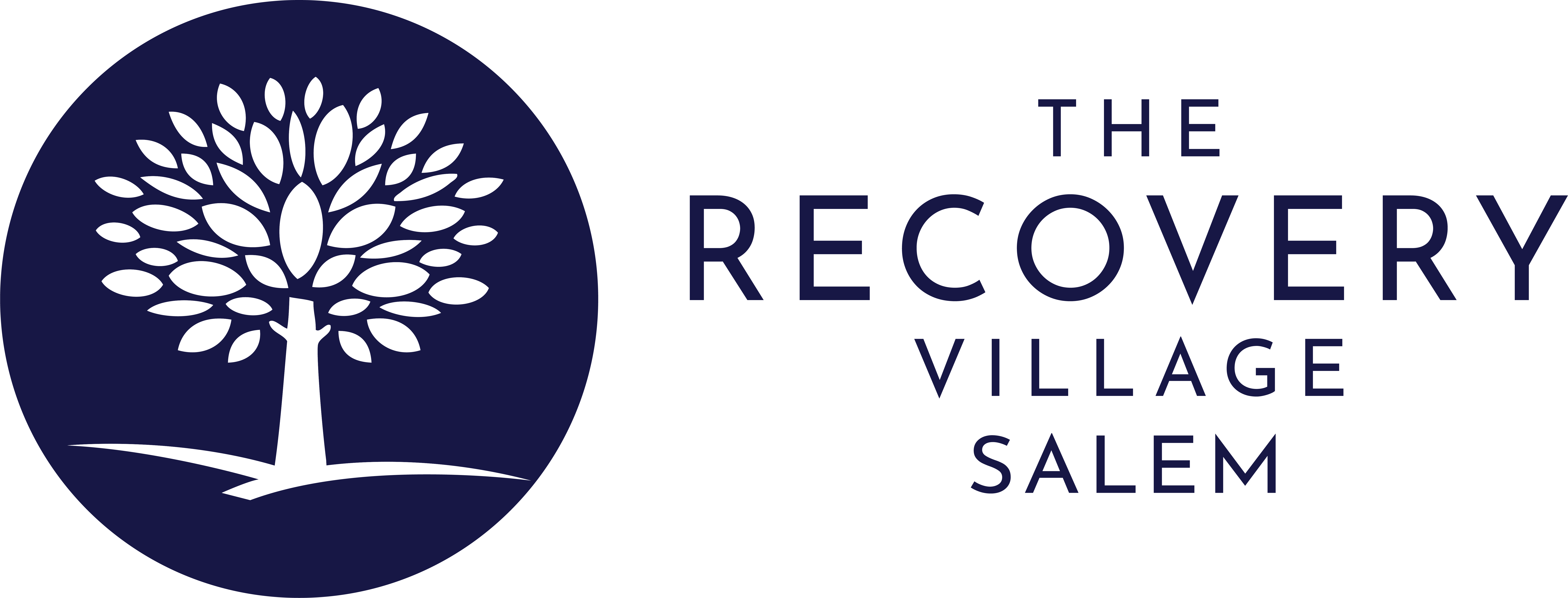Key Takeaways
- Substance use in Springfield, OR, is a critical issue, with a rise in fentanyl use and overdose deaths.
- In response to the rise in drug use, Springfield, OR, has established the Springfield Municipal Adult Recovery and Treatment Court (SMART) to help address the issue.
- A complex interplay of genetic, psychological, and environmental factors influences substance use.
- Rehab centers in Springfield offer various services, including detox, therapy, and aftercare support.
- When selecting a rehab center, consider treatment approaches, staff qualifications, and insurance coverage.
Substance Abuse in Springfield, Oregon
Substance-heavy use remains a critical issue in Springfield, Oregon, reflecting broader trends observed across the state.
The establishment of the Springfield Municipal Adult Recovery and Treatment Court (SMART) in late 2023 underscores the community’s response to the growing need for comprehensive treatment strategies within the criminal justice system. This initiative aligns with decades of specialty court research emphasizing the importance of integrated treatment for individuals struggling with substance use disorders (SUDs).
Research indicates a concerning rise in drug decriminalization’s unintended consequences, such as the proliferation of fentanyl and a subsequent increase in fatal overdoses. Oregon, including Springfield, has seen a continued uptick in overdose deaths, contrasting with national declines.
This trend points to the persistent stigma surrounding drug use, which often hinders individuals’ willingness to seek treatment. The combination of fentanyl with methamphetamine, a practice particularly prevalent in Oregon, further exacerbates the risk of overdose.
Ready to Break Free From Addiction?
If you’re seeking help for yourself or a loved one, our expert team is here to guide you every step of the way. Don’t wait—start your journey to recovery today.
Statewide data reveal a varied landscape of substance use, with the National Survey on Drug Use and Health (NSDUH) reporting usage rates for marijuana, cocaine, heroin, methamphetamine, opioids, and tobacco. These statistics are crucial for understanding the extent of substance heavy use and the necessity for targeted intervention strategies.
Overall, the data underscores the importance of accessible, stigma-free treatment options and the need for ongoing support for those affected by substance-heavy use in Springfield, Oregon.
Rehab Center Options in Springfield, OR
Springfield, Oregon, offers a comprehensive network of drug and alcohol rehab centers catering to the needs of individuals seeking recovery from substance use.
The range of treatment options is diverse, including at least:
- 14 free treatment programs
- 45 inpatient centers
- 185 outpatient centers
- 23 detox centers
- 5 luxury residential facilities
These centers are designed to address various addictions and provide a supportive environment for individuals on their journey to sobriety.
Many of these centers offer a blend of services that may include counseling, behavioral health services, and medication-assisted treatment. Individuals must consider accredited centers, as this ensures a standard of care and treatment protocols evaluated for efficacy. The availability of various levels of care, such as inpatient and outpatient services, allows for tailored treatment plans to match each person’s specific needs. Additionally, the presence of detox services is vital for those who require medical supervision during the withdrawal phase.
Springfield’s proximity to Eugene also expands the options for treatment, with facilities such as Willamette Family Inc. and the Center for Family Development within reach, offering comprehensive care and support. Individuals seeking help can find a suitable rehab center in Springfield, OR, that provides the necessary tools and resources for a successful recovery journey.
Types of Rehab Centers: Inpatient, Outpatient, and Residential
Understanding the various types of rehab centers is critical for selecting the appropriate treatment for substance use recovery. Each type offers different levels of support and structure tailored to the unique needs of individuals in recovery.
- Inpatient Rehab Centers: Also known as residential programs, they require individuals to live at the facility throughout their treatment, which can range from a few weeks to several months. This setting provides 24/7 care and is often recommended for those with severe addiction or co-occurring mental health disorders. It typically begins with a medically managed detox.
- Outpatient Rehab Centers: These centers offer treatment sessions that allow individuals to live at home or in a sober living environment. These programs cater to those who need to maintain their work, school, or home responsibilities while receiving treatment. The intensity of outpatient programs can vary, with some offering as few as 9 hours and others, like Partial Hospitalization Programs (PHPs), providing 20 or more hours of structured programming each week.
- Long-Term Residential Treatment Centers: Long-term residential treatment centers offer extended care for those who require a more immersive and sustained recovery environment. The focus is on fostering patient readiness for ongoing treatment and promoting sustained abstinence. Aftercare planning is a crucial component of all rehab programs, often including relapse prevention strategies, support groups, and continued therapy to support long-term recovery.
Each type of rehab center has its therapies and treatments, which may include cognitive behavioral therapy, motivational enhancement, family therapy, educational groups, and medication therapy.
The choice of rehab center should be based on a thorough assessment of the individual’s needs, goals, and support system and often involves consultation with healthcare providers or addiction treatment specialists.
Services Offered in Rehab Centers
Rehabilitation centers provide a spectrum of services to support individuals in their journey to recovery from substance use disorder. These services are designed to address the complex needs of those struggling with addiction and often include a combination of medical, therapeutic, and support mechanisms.
- Detoxification: A critical first step in many treatment plans, detoxification involves medically supervised withdrawal from substances, ensuring safety and minimizing discomfort.
- Therapy: Various forms of therapy, including individual, group, and family counseling, are offered to address the psychological aspects of addiction. Evidence-based approaches such as Cognitive Behavioral Therapy (CBT) and Dialectical Behavior Therapy (DBT) are commonly utilized.
- Medication-Assisted Treatment (MAT): Rehab centers may use FDA-approved medications to manage withdrawal symptoms, reduce cravings, and treat co-occurring disorders.
- Aftercare and Alumni Programs: To promote sustained recovery, aftercare planning and alumni support groups provide ongoing resources and a community for individuals post-treatment. Studies indicate that continued engagement in support networks significantly improves long-term sobriety outcomes.
- Recovery Housing: Transitional living environments offer a stable, substance-free space for individuals to continue their recovery.
- Peer Support Groups: Participation in groups like 12-step meetings or SMART Recovery can offer mutual aid and accountability, key components of successful aftercare.
These services are often tailored to the unique needs of each individual, taking into account factors such as the duration and severity of substance heavy use, the presence of co-occurring mental health disorders, and personal support systems. The goal is to equip individuals with the tools and support necessary to successfully transition to a sober lifestyle.
Selecting a Drug and Alcohol Rehab Center
Choosing the right drug and alcohol rehab center is a crucial step in the recovery process, as the quality of care can significantly impact long-term success. By evaluating the following factors, you can select a facility that best meets the specific needs for lasting recovery.
- Accreditation and Licensing: Ensure the rehab center is accredited by reputable organizations like The Joint Commission or CARF (Commission on Accreditation of Rehabilitation Facilities) and licensed by the state.
- Treatment Programs: Look for a center that offers evidence-based treatments, such as Cognitive Behavioral Therapy (CBT), Dialectical Behavior Therapy (DBT), or Medication-Assisted Treatment (MAT).
- Personalized Treatment Plans: Check if the facility offers personalized treatment plans that address co-occurring mental health disorders, trauma, and specific substance use challenges.
- Qualified and Experienced Staff: Ensure the staff includes licensed addiction counselors, therapists, and medical professionals with experience in addiction recovery.
- Inpatient vs. Outpatient Options: Consider whether you need inpatient (residential) treatment or if outpatient treatment is more appropriate, based on the severity of the addiction and personal circumstances.
- Aftercare and Support: Look for centers that offer strong aftercare programs, including outpatient therapy, 12-step groups, sober living, or alumni programs to help maintain sobriety after discharge.
- Specialized Programs: If relevant, search for centers that provide specialized programs, such as gender-specific treatment, LGBTQ+ support, or programs for young adults or older adults.
- Family Involvement: Check if the center offers family therapy or educational programs for families to help them support their loved one’s recovery.
- Amenities and Comfort: Consider the facility’s amenities and environment. A comfortable, peaceful setting can promote healing, but don’t prioritize luxury over effective treatment.
- Insurance and Payment Options: Verify that the center accepts your insurance or offers financing options to make treatment affordable. Many centers work with insurance companies like Blue Cross, Aetna, or Medicaid.
- Success Rates and Reviews: Research the center’s success rates, but also check reviews and testimonials from former clients to get a sense of the quality of care.
- Location and Accessibility: Consider the rehab center’s location, especially if proximity to family or support networks is important. It can also be helpful to have options for family visits during treatment.
- Duration of Programs: Look for centers that offer both short-term (30-day) and long-term (60-90-day) programs, depending on the severity of the addiction and your needs.
These tips can help guide your decision-making process, ensuring you choose the rehab center that best suits your needs or those of a loved one.
Questions to Consider When Selecting a Rehab Center in Springfield, OR
Choosing the right rehab center is a pivotal decision in the recovery journey from substance use disorders. Ask pointed questions to ensure the facility aligns with the individual’s needs and goals. Here are some key questions to consider:
- Does the facility offer treatment programs for my specific substance addiction?
- What types of treatment modalities are used, and are they evidence-based?
- What is the staff-to-patient ratio, and what are the qualifications of the healthcare professionals?
- Is the rehab center accredited, and do they follow state and federal regulations?
- Does the center provide personalized treatment plans?
- What kind of aftercare and relapse prevention support is available?
- What are the facility’s policies on visitation and family involvement?
- Can the center provide testimonials or success stories from past patients?
- What are the costs, and is financial assistance or insurance coverage available?
- What amenities and extra services does the rehab center offer to support recovery?
By thoroughly vetting potential rehab centers with these questions, individuals can make an informed decision that best supports their path to recovery. It’s also important to assess whether the center’s treatment philosophy resonates with the individual’s beliefs and preferences.
Get Help at a Drug and Alcohol Rehab Center near Springfield, Oregon
If you or a loved one struggles with addiction or a mental health disorder, The Recovery Village Salem is here to help. Our physician-led, evidence-based rehab programs include medical detox, residential rehab and a wide range of therapies. Our compassionate team will help you start life fresh with the tools, coping strategies and resources you need to succeed. Don’t wait — contact a Recovery Advocate today to see how we can help.


